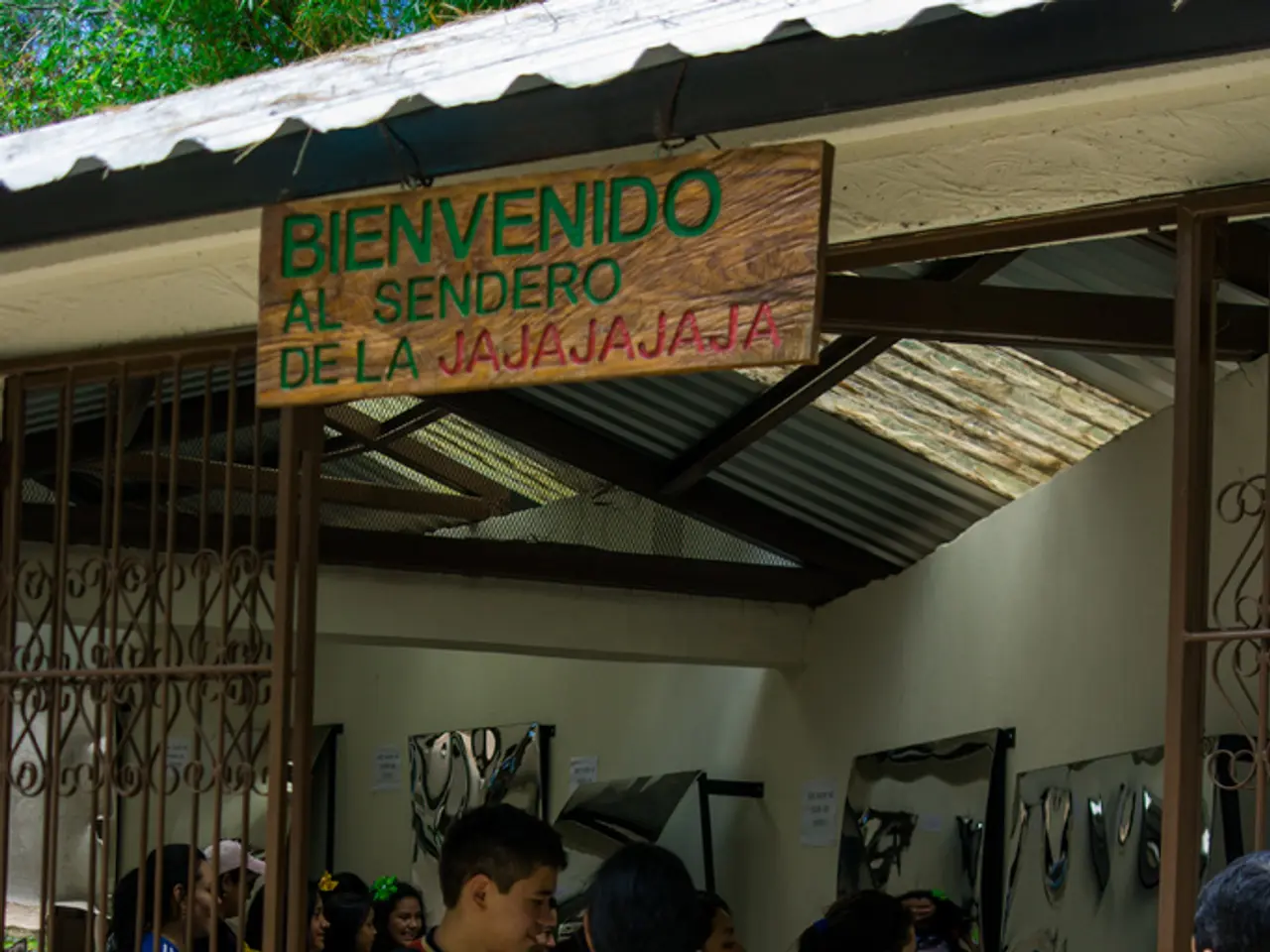Navigating Dubai's Market: Understanding Consumer Protections Against Faulty Goods and Unjustified Fees
In a bid to enhance consumer rights and protect consumers from unfair commercial practices, Dubai, along with the rest of the United Arab Emirates (UAE), has implemented a comprehensive consumer protection framework. This framework, primarily governed by Federal Law No. 15 of 2020 on Consumer Protection and its Executive Regulations, aims to create a transparent, balanced, and trustworthy marketplace.
To file a consumer complaint in Dubai, you'll need your receipt or invoice, warranty or contract (if applicable), and any supporting evidence such as screenshots, photos, or voice recordings. This could be crucial in substantiating your claim.
The UAE's consumer protection laws cover all aspects of consumer transactions, including goods and services. They include provisions against deceptive practices, ensure product safety, and provide for consumer redress mechanisms. Specifically, they address digital transactions, ensuring compliance with modern technological trading methods.
The Dubai Department of Economy and Tourism (DET) handles enforcement. If you encounter an issue, you'll receive a call from the DET within two working days, asking for more details or documents, which you'll need to provide within two days. If there are delays or the issue isn't resolved, DET steps in to take further action and keeps you updated.
Suppliers who mislead consumers can face up to 2 years in jail and fines of up to AED 2 million. The Ministry of Economy's Consumer Protection Department oversees the law nationwide. In case your complaint falls outside DET's jurisdiction, you'll need to contact the relevant authority like Dubai Police, RERA, or the TRA.
It's essential to note that any contract clause that harms the consumer or releases the supplier from their legal obligations is automatically void. The UAE has also focused on strengthening price protection measures, following a significant number of price-related violations.
The law applies across the UAE, covering goods and services sold in both mainland and free zones. Consumers in the UAE are entitled to a safe shopping environment, accurate information, transparency, freedom of choice, and fair compensation.
To facilitate the process, consumers in Dubai can use DET's website, the Dubai Consumer app, call 600 545555, or attach documents that support their case. DET reaches out to the business (the "defendant") and starts a settlement discussion. A DET officer helps mediate between you and the business to find a fair solution.
In conclusion, the consumer protection laws in Dubai are designed to protect consumers and ensure fair treatment, honest information, and safe products or services. Suppliers are expected to respect local customs, provide clear invoices, resolve disputes efficiently, and provide honest, transparent product details.
- The UAE's comprehensive consumer protection framework, including Federal Law No. 15 of 2020 on Consumer Protection, aims to develop a transparent and trustworthy marketplace in the economy, especially in sectors like banking, business, and tourism.
- To foster a safe shopping environment and promote fair trade, the Dubai Department of Economy and Tourism (DET) serves as a platform for consumers to file complaints against unfair practices, such as deceptive digital transactions.
- Under the UAE's consumer protection laws, businesses that engage in misleading practices or endanger consumer safety may face penalties, including jail terms of up to 2 years and fines of up to AED 2 million.
- As part of its focus on environmental sustainability, the law also emphasizes product safety and ensures that consumers have access to accurate information about the products they purchase, thus contributing to responsible business practices and a sustainable economy.
- In cooperation with government entities like Dubai Police, RERA, and the TRA, the DET helps consumers resolve disputes and provides resources such as the Dubai Consumer app to facilitate the filing of complaints and the process of finding fair solutions.




